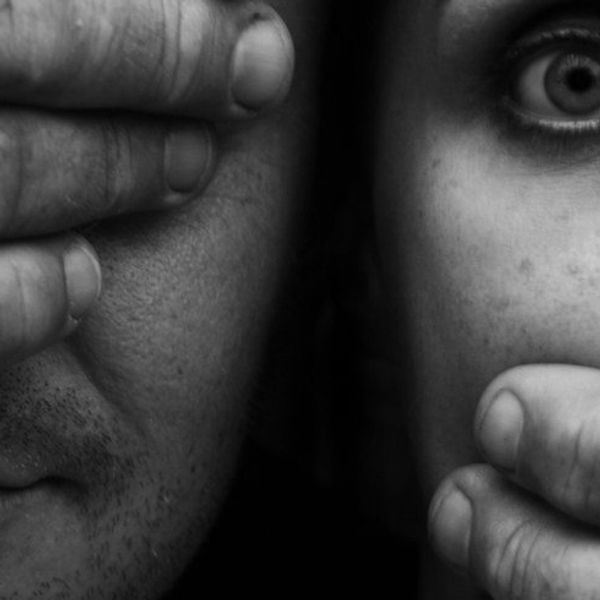April was Sexual Assault Awareness Month. Countless University’s across the nation hosted different activities geared toward prevention and education efforts. From http://takebackthenight.orgTake Back the Night Marches, to Denim Day, to Green Dot Overview Sessions, various events in April were all geared towards creating a culture that does not accept sexual assault. Even with these efforts in place it is clear that the problem still exists.
One of the focuses of Sexual Assault Awareness Month is to end rape culture but through the propensity of victim blaming, rape culture is still prevalent. Rape culture is not just an isolated problem, it exists everywhere and requires an ideological shift to adequately address the issue. The first step: we need to stop blaming the victim.
Rape culture is when sexual violence is normalized by the media and perpetuated through victim blaming, tolerance of sexual assault, inflation of false report statistics, etc. Comments like “They asked for it!”, or “They were drinking too much!” place the blame on the victim. However, sexual assault is NEVER the victim’s fault. The victim is never asking for a rapist to attack them. It does not matter what the victim was wearing or how much the victim was drinking; they do not deserve the blame.
News articles about campus policies (not related to sexual assault) like a recent article titled "Following alleged rape, a look at drinking on Drury campus” focus on the wrong issue. Instead of an emphasis on the problem of sexual assault, this article insinuates that alcohol policies are to blame. Using words like “allegedly” makes it seem like the author does not believe the victim, a common tactic in victim blaming. The focus on the alcohol policy detracts from the real issue and insinuates that the victim is to blame because there was alcohol involved. This is not justifiable. Just because someone consumed alcohol it does not mean they deserved for the perpetrator to assault them, nor does it mean it is their fault.
State laws like Oklahoma’s that say oral sex is not rape if the victim is unconscious from drinking perpetuate the problem of victim blaming. This ruling came after a case where a 17-year-old boy assaulted a 16-year-old girl while she was unconscious. The court said that the case did not count as forced oral sodomy because there was no force since the victim was unconscious. The appeals court ruling sends a signal to victims in Oklahoma that they are at fault if they were drinking. For the laws to change, the mindset regarding sexual assault must change first. People must stop blaming the victim and instead place the blame where it rightfully belongs: the perpetrator.
It is too common that after an instance of sexual violence that the attackers defense is “the victim is lying” or “the victim is just trying to ruin my career.” These arguments are ridiculous. If someone wanted to destroy someone, there are much easier ways (that don’t involve the threat of a misdemeanor or felony) than falsely accusing someone of rape.
Many people will go along with these arguments and make the case “the victim is false reporting.” Victim blamers bring up the 2006 Duke Lacrosse Scandal, but they seem to ignore the fact that only two to eight percent of rapes are false reports, the same amount as most other crimes.
Victim blaming makes it harder for survivors to report their sexual assault. When survivors know that the media, judicial systems, police, etc. don’t believe them, then victims are less likely to report their attack. This is one of the biggest reasons why only about 32 percent of sexual assaults get reported. Victim blaming is why only seven percent lead to an arrest and authorities only refer three percent to a prosecutor. Placing the blame on the victim only reinforces that the actions of the abuser are okay and discourages victims to report.
People have the ability to change society. It is possible to eliminate rape culture , but it will require a culture shift. The media will need to stop placing the blame on anything but the rapist. Authority figures must believe survivors. Society needs to stop blaming the victim and start supporting them. There is a long way to go before society eradicates this problem but we can start by stopping the victim blaming.





















